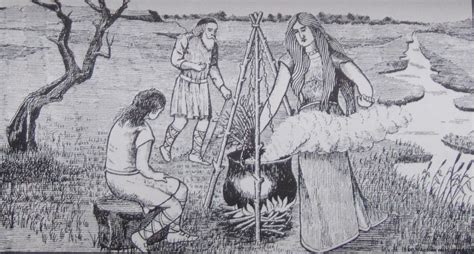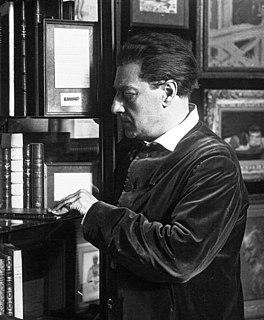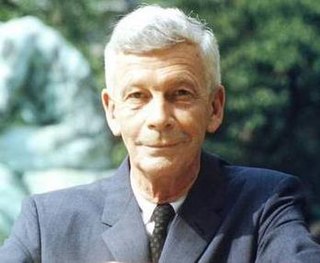A Quote by Dean Koontz
Of course, I don't know everything. Considering the infinite amount of knowledge that one could acquire in a virtually innumerable array of intellectual disciplines, it's probably more accurate to say that I don't know anything.
Related Quotes
Monks congregate like dogs in a kennel,
From contact with their superiors they acquire knowledge,
Is one the course of the wind, is one the water of the sea?
Is one the spark of the fire, of unrestrainable tumult?
Monks congregate like wolves,
From contact with their superiors they acquire knowledge.
They know not when the deep night and dawn divide.
Nor what is the course of the wind, or who agitates it,
In what place it dies away, on what land it roars.
Even if we ignore the 'non-theoretical' knowledge which we acquire through experience (such as the knowledge of what something tastes like) and concentrate on theoretical knowledge, there is no good reason to think that physics can literally give the theory of everything. Here I want to be really pedantic. Although everything may be subject to physical law, not everything can be explained or described in physical terms. Physics has literally nothing to say about society, morality and the mind, for example - but of course these are parts of 'everything'.
I know a good many men of great learning-that is, men born with an extraordinary eagerness and capacity to acquire knowledge. One and all, they tell me that they can't recall learning anything of any value in school. All that schoolmasters managed to accomplish with them was to test and determine the amount of knowledge that they had already acquired independently-and not infrequently the determination was made clumsily and inaccurately.
The ultimate test of my understanding of the scriptural teaching is the amount of time I spend in prayer. As theology is ultimately the knowledge of God, the more theology I know, the more it should drive me to seek to know God. Not to know about Him but to know Him! The whole object of salvation is to bring me to knowledge of God. If all my knowledge does not lead me to prayer there is something wrong somewhere.
You can’t say ‘if this didn’t happen then that would have happened’ because you don’t know everything that might have happened. You might think something’d be good, but for all you know it could have turned out horrible. You can’t say ‘If only I’d…’ because you could be wishing for anything. The point is, you’ll never know. You’ve gone past. So there’s no use thinking about it.
The word "knowledge" itself, we like to break it down into two different words, "know" and "ledge." You've got to know the ledge. Know the limitation of things. Know where they go, know where they start from. We say knowledge is the basic foundation of the universe. But everything is first based on something being known. Then, when it's known, then it can be manifested.
I know when I grew up, it was, if it was daylight outside, get outside. Well, now, with the technological age of computers and everything, everyone's inside virtually going everywhere they want to go, virtually having relationships, virtually traveling across the neighborhood, virtually going to that island.
Only the heart knows the correct answer. Most people think the heart is mushy and sentimental. But it's not. The heart is intuitive; it's holistic, it's contextual, it's relational. It doesn't have a win-lose orientation. It taps into the cosmic computer - the field of pure potentiality, pure knowledge, and infinite organizing power - and takes everything into account. At times it may not even seem rational, but the heart has a computing ability that is far more accurate and far more precise than anything within the limits of rational thought.
They say the full potential of the human being is called enlightenment, which is infinite consciousness, infinite happiness, zero negativity, zero dying, complete freedom, total fulfillment, and being at one with everything. You can say it's God realization, or you can say you sit at the feet of the Lord as master of all you survey. You could say it's totality, total knowledge, and that you are that totality. This is every human being's birthright: to one day enjoy supreme enlightenment, unity. It's like the big graduation.


































